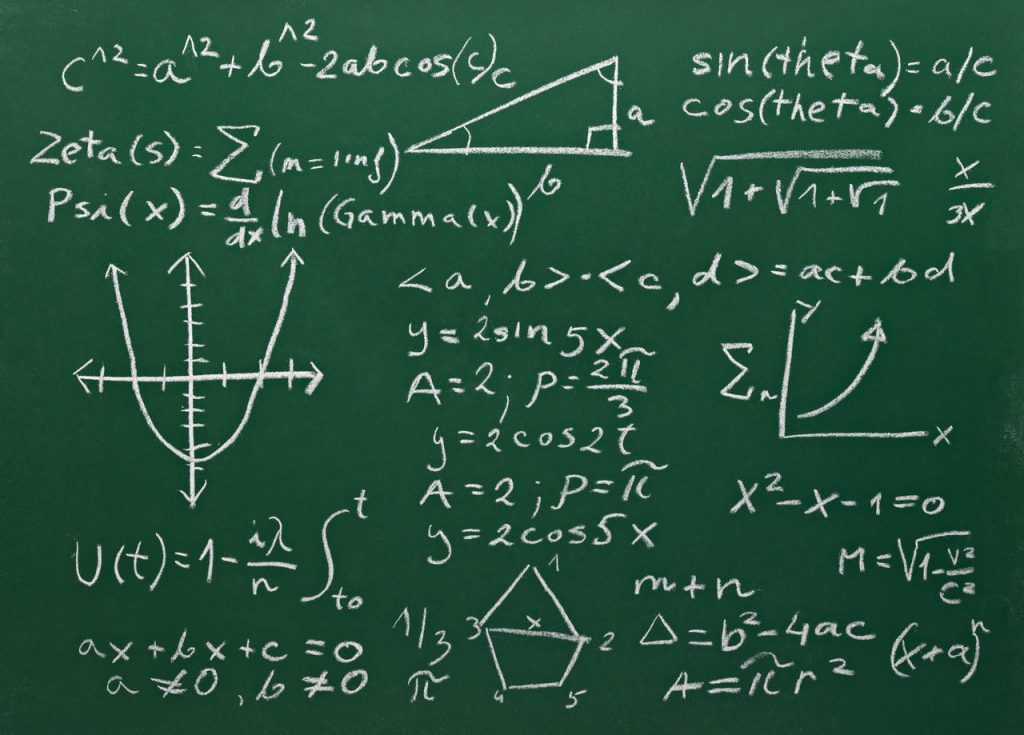What is ignition timing explained?
What is ignition timing explained?
Ignition timing refers to the angular position of the crankshaft relative to top dead center (TDC) that is the crankshaft angular position at which the piston is at the exact top of the compression stroke.
What is ignition timing advance for #1 cylinder?
The engine manufacturer specifies timing in regard to the number of degrees before top dead center (TDC) that the number one cylinder should fire. If the plug fires later than the specified setting, the timing is said to be retarded. If the plug fires earlier than specified, the timing is referred to as advanced.
What is advanced ignition timing?
Ignition timing advancing means that the spark plugs are firing earlier in the compression stroke, farther from TDC. The air and fuel mixture in the combustion chamber doesn’t burn right away. Ignition timing advancing might be needed to allow time to get everything ignited.
What can affect ignition timing?
A range of factors can influence the ignition timing in an engine, including the condition of the spark plugs, the temperature of the engine, and the intake pressure. Changes or upgrades to an engine will require subsequent changes to the ignition timing settings.
How do you fix improper ignition timing?
To adjust your timing, all you need to do is turn the distributor housing one direction or the other, depending on whether or not you want to advance or move back the timing. If the rotor turns clockwise, you’ll advance the timing by rotating the distributor counterclockwise, and vice versa.
What are the symptoms of bad ignition timing?
SYMPTOMS OF INCORRECT IGNITION TIMING Symptoms of incorrect ignition timing are poor fuel economy, sluggish acceleration, hard starting, backfiring, or “pinging” or “spark knock”. Too little spark advance will cause low power, bad gas mileage, backfiring, and poor performance. Too much advance will cause hard starting and pre-ignition.
What does ignition timing mean?
Ignition timing is the relation of spark to the position of an internal combustion engine’s pistons.
How does ignition timing affect performance?
Setting the correct ignition timing is crucial in the performance of an engine. Sparks occurring too soon or too late in the engine cycle are often responsible for excessive vibrations and even engine damage. The ignition timing affects many variables including engine longevity, fuel economy, and engine power.
Why is ignition timing important?
Why Ignition Timing is Important. The engine is what supplies the required power to all parts of a running vehicle. Even when the required amount of fuel and air is supplied to the engine, it is crucial that the air-fuel mixture be ignited at the right time to get the most power out of it. This is where the ignition timing gains importance.
